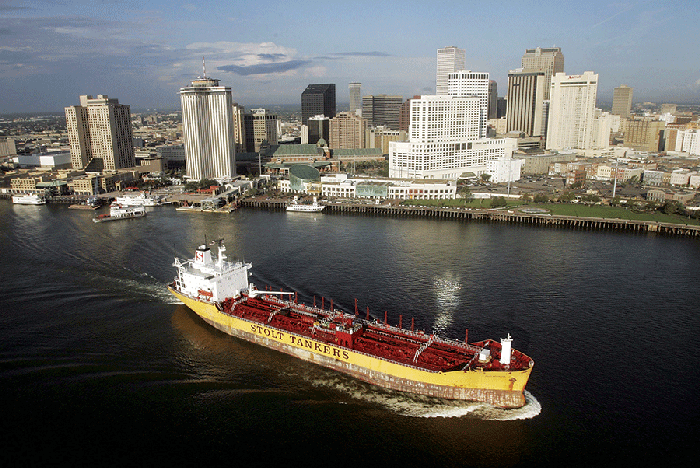
Lightnin’ Slim, the Louisiana swamp bluesman, in his 1954 recording, lamented “Lord, if it wasn’t for bad luck, I wouldn’t have no luck at all.” Variations have been used by several artists, including Albert King, the Brit rock group Cream, and Ray Charles.
That’s somewhat the situation with agriculture these days: It seems every time the new administration takes steps to follow through on the president’s campaign promises, the Law of Unintended Consequences comes into play and farmers get shafted.
Not bad enough the proposed Trump budget would make draconian cuts in federal farm programs and supports — from crop insurance to food stamps to research and international food aid/marketing programs — the president’s decision to pull the U.S. out of the Paris Climate Agreement could deal a blow to American farm exports.
While U.S. farmers were among major groups supporting Mr. Trump’s bid for the presidency, and generally have shared his disdain for the scientific community’s warnings of climate change, his take-my-marbles-and-go-home snub of the Paris agreement may be another tactic that costs them money.
The Mississippi River Cities and Towns Initiative, an association of 75 mayors from cities and towns along the river, says pulling the U.S. out of the Paris climate agreement is not in the best interests of American agriculture. “The Mississippi River Basin allows our nation to lead the global commodities market,” says Chris Coleman, mayor of St. Paul, Minn. “Now we have ceded that status to other nations.”
Nations remaining in the Paris Agreement (and not a single one of the other 195 signatory nations has joined the U.S. in backing out), the MRCTI says, will enact carbon pricing or trading systems and the U.S. won’t be able to influence those decisions. The organization’s leaders say the U.S. needs to be at the table in order to negotiate measures to help deal with the effects of climate change on the Mississippi River, including the severe flooding that inundates farms and interferes with transportation of ag commodities. In 2016, the impact of historic flooding and other weather-related damages was estimated at $10 billion. Many areas along the river have experienced significant flooding as a result of this spring’s heavy rains.

The Mississippi River is responsible for creating $400 billion worth of U.S. gross domestic product, transporting 40 percent of the nation’s agricultural output worth $164 billion yearly, and directly supporting 1.3 million jobs and millions more indirectly.
MRCTI, founded as an effort to bring national attention back to the Mississippi River — America’s most critical natural asset — and the 31-state Mississippi River Basin, says the river is responsible for creating $400 billion worth of U.S. gross domestic product, transporting 40 percent of the nation’s agricultural output worth $164 billion yearly, and directly supporting 1.3 million jobs and millions more indirectly. It notes that 55 percent to 70 percent of corn, soybean, and wheat exports are transported on the river.
It is more than a little ironic that the rules of the Paris Agreement are structured so that it will take four years for a country to remove itself — which would be just after the next presidential election in November 2020. Which, in effect, means the U.S. will continue to be a part of the agreement during virtually all of Mr. Trump’s presidency. But if he stands by his position on the Paris accord, it seems unlikely the U.S. will have much in the way of bargaining power if all the other nations know America won’t be a long-term major player.
Meanwhile, the Mississippi River mayors are urging President Trump to reconsider his pullout of the Paris Agreement. And agriculture waits for the next shoe to drop…
About the Author(s)
You May Also Like




